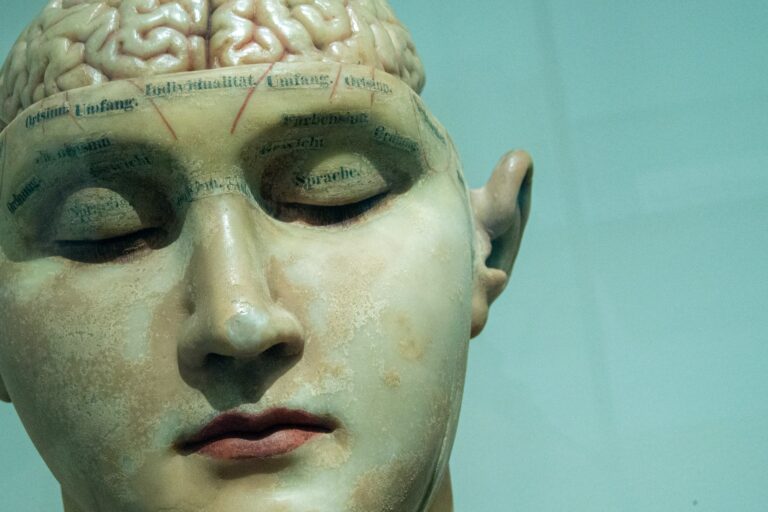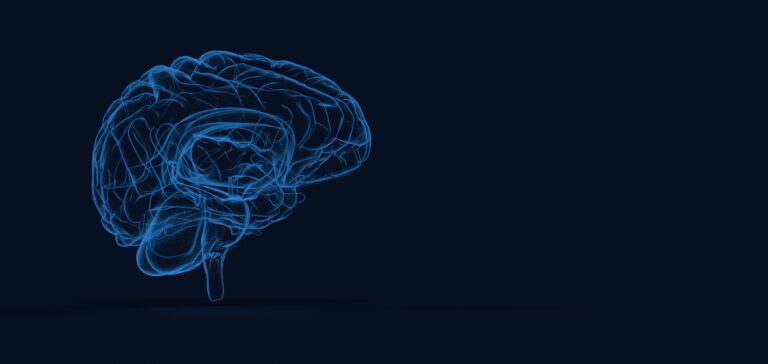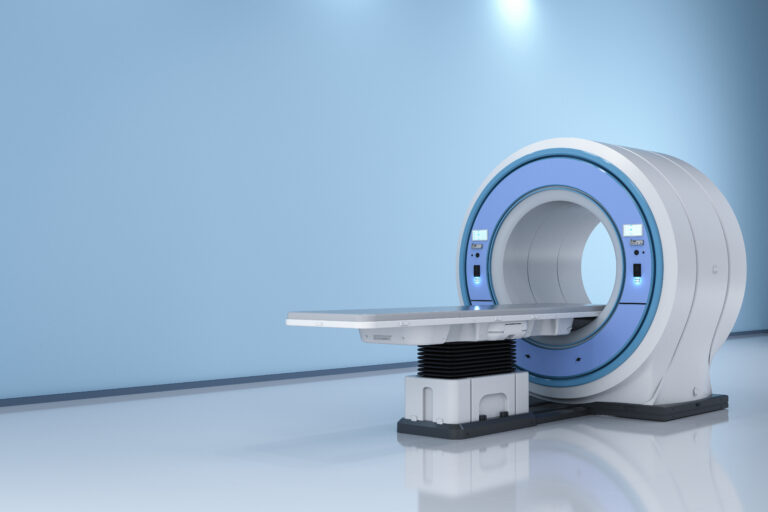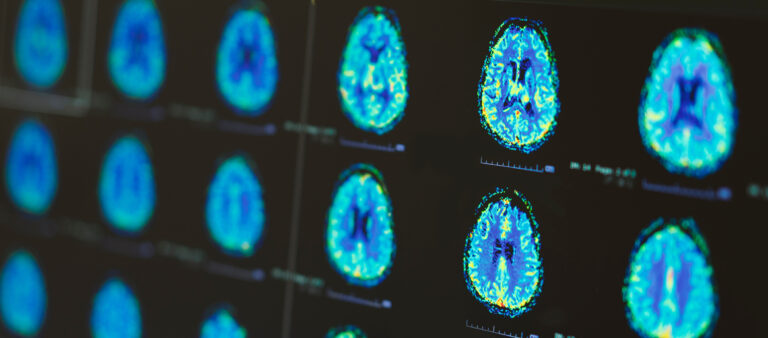## Should You Take Supplements During Ramadan?
Ramadan is a month of spiritual reflection, community, and fasting from dawn to sunset for Muslims around the world. For many, this means going without food and water for up to 12–16 hours each day. Naturally, people wonder if they should take supplements—like vitamins, minerals, or protein powders—to stay healthy during this time. The answer isn’t the same for everyone. It depends on your health, your diet, and what your doctor says.
## What Happens to Your Body During Ramadan Fasting?
When you fast, your body switches from using food for energy to using stored energy. This can affect your blood sugar, hydration, and nutrient levels. For most healthy adults, the body adapts well, but for people with certain health conditions—like diabetes, kidney disease, or asthma—fasting can be risky if not managed carefully[2][3][4].
## Who Might Need Supplements During Ramadan?
**Healthy Adults with a Balanced Diet**
If you eat a variety of foods at suhoor (pre-dawn meal) and iftar (meal after sunset), you probably get enough vitamins and minerals. Most people don’t need extra supplements if their meals include fruits, vegetables, whole grains, proteins, and healthy fats.
**People with Medical Conditions**
If you have a chronic illness, your needs are different. For example:
– **Kidney Disease:** Dialysis patients or those with chronic kidney disease may lose important nutrients and might need supplements like vitamin D, calcium, iron, or protein—but only under a doctor’s supervision[3].
– **Diabetes:** People with diabetes are at higher risk for low or high blood sugar during fasting. Medication adjustments are often needed, and sometimes supplements might be recommended, but this must be decided by a healthcare provider[4].
– **Asthma:** Most people with well-controlled asthma can fast safely, but if you’re on certain medications or have frequent symptoms, your doctor might adjust your treatment plan. Supplements are not usually needed unless you have another condition[2].
**Pregnant or Breastfeeding Women**
Pregnancy and breastfeeding increase nutrient needs. Fasting can be risky, and supplements like folic acid, iron, or prenatal vitamins might be necessary. Always talk to your doctor before fasting or taking any supplements during pregnancy.
**Elderly or Those with Poor Appetite**
Older adults or people who eat very little during Ramadan might not get enough nutrients from food alone. A multivitamin or specific supplements could help, but this should be discussed with a healthcare professional.
## Common Supplements Considered During Ramadan
– **Multivitamins:** Can help fill gaps if your diet is lacking, but are not a substitute for healthy eating.
– **Vitamin D:** Many people are deficient, especially if they get little sun exposure. Supplementation might be helpful, but check with your doctor.
– **Iron:** Important for people with anemia or heavy menstrual bleeding. Only take iron supplements if prescribed.
– **Calcium:** Needed for bone health, especially in women and older adults. Dairy products, leafy greens, and fortified foods are good sources.
– **Protein Supplements:** Usually not necessary unless you have increased protein needs (like athletes or people recovering from illness).
– **Electrolytes:** If you sweat a lot or feel dizzy, an electrolyte drink after iftar might help, but most people get enough from food and water.
## Risks of Taking Supplements Without Guidance
Taking too much of certain vitamins or minerals can be harmful. For example, too much vitamin A, D, or iron can cause serious side effects. Some supplements can also interact with medications. Always talk to your doctor or a registered dietitian before starting any supplement, especially during Ramadan when your eating pattern changes[3].
## How to Decide If You Need Supplements
– **Assess Your Diet:** Write down what you eat for a few days. If you’re missing whole food groups, you might need a supplement.
– **Check for Symptoms:** Fatigue, dizziness, muscle cramps, or frequent illness could signal a deficiency.
– **Consult Your Doctor:** This is the most important step. Your doctor can check your blood levels and recommend supplements if needed[3][4].
– **Avoid Self-Prescribing:** Don’t take supplements just because friends or family do. Your needs are unique.
## Practical Tips for Healthy Fasting
– **Eat Balanced Meals:** Include protein, healthy fats, fiber, and a variety of fruits and vegetables at suhoor and iftar.
– **Stay Hydrated:** Drink plenty of water between iftar and suhoor. Avoid sugary drinks and caffeine, which can dehydrate you.
– **Monitor Your Health:** If you have a medical condition, check your blood sugar, blood pressure, or other markers as advised by your doctor[3][4].
– **Listen to Your Body:** If you feel unwell, break your fast and seek medical advice. Health comes first in Islam.
## Special Cases: When Supplements Are Essential
For some people, supplements are not optional—they’re essential. For example:
– **Dialysis Patients:** Often need specific supplements to prevent deficiencies, but this must be managed by a healthcare team[3].
– **People with Malabsorption Disorders:** Conditions like celiac disease or Crohn’s disease can make it hard to absorb nutrients, so supplements are often necessary.
– **Those on Restricted Diets:** Vegans, for example, might need vitamin B12, iron, or omega-3 supplements.
## The Role of Healthcare Providers
Your doctor, dietitian, or pharmacist is your best resource. They can:
– **Review your medical history and current medications.**
– **Order blood tests to check for deficiencies.**
– **Recommend the right type and dose of supplement, if needed.**
– **Monitor you for side effects or interactions.**
Never start, stop, or change supplements without professional advice, especially during Ramadan when your routine is different[3][4].
## Cultural and Religious Considerations
In Islam, preserving health is a priority. If fasting would harm you, you are exempt. This includes people who need regular medication or supplements to stay healthy. Always balance religious practice with medical advice.
## Final Thoughts
Most healthy people do not need supplements during Ramadan if they eat a balanced diet. However, if you have a medical condition, are pregnant, elderly, or have a poor appetite, supplements might be necessary—but only under medical supervision[3][4]. Never self-prescribe. Talk to your healthcare provider before making any changes to your diet or supplement routine during Ramadan.
**Remember:** Fasting is a personal and spiritual journey. Your health should always come first. Work with your healthcare team to make sure your Ramadan is both meaningful and safe.





